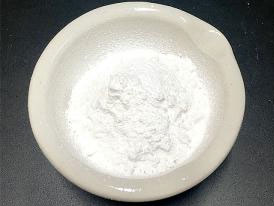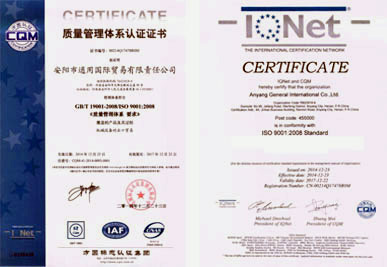L-Arginine powder uses, properties and production methods
What are the uses of L-Arginine powder?

Nutrition supplement. Arginine is a component of ornithine cycle and has extremely important physiological functions. Taking more arginine can increase the activity of arginine (arginase) in the liver and contribute to the excretion of ammonia in the blood. Therefore, arginine is associated with hyperammonemia and liver dysfunction.
L-arginine is also a major component of sperm protein, which promotes sperm quality and improves motility of sperm.
Arginine can effectively improve immunity and promote the secretion of natural killer cells, phagocytes, interleukin-1 and other endogenous substances in the immune system, which is beneficial to the antagonism of cancer cells and the prevention of viral infection. In addition, arginine is a precursor of ornithine (L-ornithine) and proline (L-proline). Proline is an important element of collagen. It is helpful to supplement arginine for severe trauma and burn. It has obvious help, and it also has the effect of reducing infection and inflammation.
Arginine has an improved effect on partial nephrosis and partial urination due to excessive renal pressure, but arginine is an amino acid and may also cause a burden on patients with renal failure. Therefore, it is best to consult with the physician before use for patients with severe renal failure.
L-Arginine food additive
The flavoring ingredients of l-arginine food flavors used for the preparation of flavors shall not exceed the maximum permitted usage and maximum permitted residue in GB 2760.
Product description of L-Arginine (CAS 74-79-3)
- Other Names: L-1-Amino-4-guanidovaleric acid; S(+)-2-AMINO-5-[(AMINOIMINOMETHYL)AMINO]PENTANOIC ACID
- Molecular Formula: C6H14N4O2
- Appearance Character: White crystalline powder
- Content: 99.0%-100.0%
- Chloride: ≤0.02%
- Sulfate Content: ≤0.02%
- Iron Content: ≤10ppm
- Heavy Metal Content: ≤10ppm
- Arsenic Content: ≤1ppm
- Other Amino Acids: Not to be tested.
- Loss on Drying: ≤0.5%
- Burning Residue: ≤0.10%
- PH Value: 10.5-12.0
- Flammable Hazardous Properties: Combustible; the combustion produces NOx.
- Storage and Transportation Characteristics: Ventilation, low temperature, drying.
Production method of L-Arginine (CAS 74-79-3)
- Gelatin or pig hair and pig blood powder are used as raw materials, after hydrolysis, the ammonia salt is extracted from the hydrolysate, and then the product is obtained by dehydrochloric acid.
- Using gelatin as raw material, benzyl methylene arginine is obtained by condensation with benzaldehyde after hydrochloric acid hydrolysis. The product is refined by hydrochloric acid hydrolysis, activated carbon treatment and column chromatography.
- L-Arginine is obtained from the separation of protein (e.g. gelatin) hydrolysates by ion exchange resin or barium hydroxide. It can also be obtained by fermentation by using sugar as raw material.


